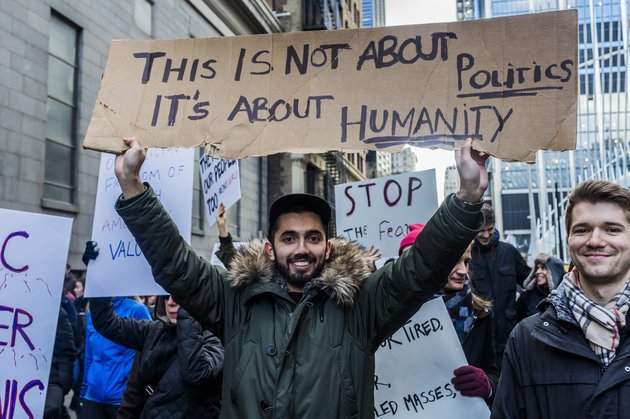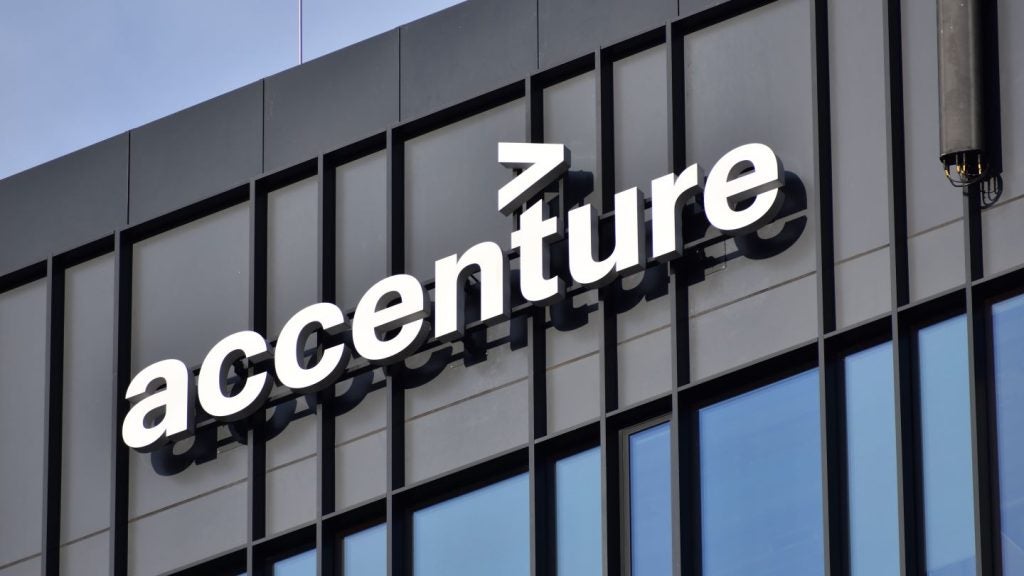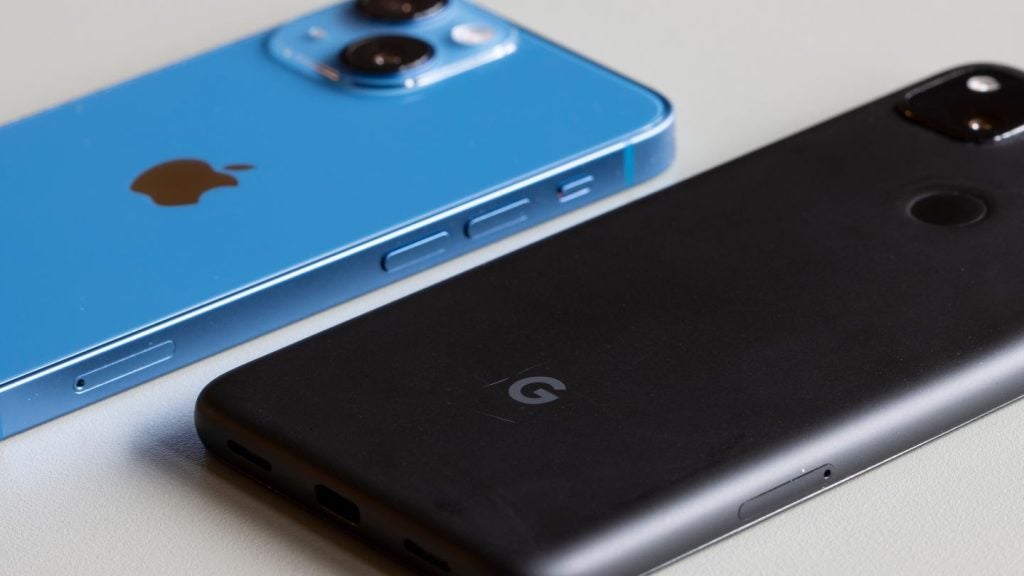
US president Donald Trump’s 90-day ban on all nationals including the very wealthy from seven Muslim-majority countries — Iran, Iraq, Libya, Somalia, Sudan, Syria and Yemen — could prevent thousands of these countries’ millionaire nationals from entering the country.
According to GlobalData, there were over 29,000 Iranian millionaires in 2016 and a combined total of 20,515 millionaires living in the other six countries affected by the ban.
Many of these wealthy high net worth individuals could be denied entry into the US under Trump’s proposals.
Those affected could pull back from business interests in the US; selling off shares in US companies and withdrawing investments.
Such actions could have a damaging effect on US economic growth. By imposing travel restrictions, Trump risks alienating influential and wealthy people from overseas who contribute to the US economy.
His immigration crackdown has already rattled financial markets and spooked wealthy investors, as well as provoking widespread global criticism.
The dollar dropped 0.4 percent against major Asian currencies.
Japan’s Nikkei, the stock market index for the Tokyo Stock Exchange (TSE) fell 0.5 percent, while Australia’s S&P/ASX, the stock market index of Australian stocks listed on the Australian Securities Exchange from Standard & Poor’s (S&P) shed almost one percent.
London’s FTSE 100 closed down almost one per cent at 7,118.48 points today.
In the US the Dow Jones Industrial Average, the average value of 30 large industrial stocks, plummeted 130 points to 19,963 — a disappointing blow after the 20,000 barrier was surpassed for the first time ever last week.
State of play. pic.twitter.com/MdqrDcsJ8H
— Eddie van der Walt (@EdVanDerWalt) 30 January 2017
Dollar drops as Trump ban confuses allies, businesses—and Trump aides too. https://t.co/m5tK883dhN pic.twitter.com/l1WoFMCNlT
— Holger Zschaepitz (@Schuldensuehner) 30 January 2017
The executive order has also been been widely condemned by the international community.
The Olympic gold medallist Mo Farah, a British citizen born in Somalia with relatives in the US, expressed his outrage on his official Facebook page:
“Now, me and many others like me are being told that we may not be welcome. It’s deeply troubling that I will have to tell my children that Daddy might not be able to come home – to explain why the President has introduced a policy that comes from a place of ignorance and prejudice.”
His post has already been liked by almost 650,000 people.
Former Labour leader Ed Miliband told BBC Radio 4 that Trump’s travel restrictions were “divisive” and “discriminatory.”
Over one million people have already signed a petition calling for Trump to be prevented from seeing the queen on his planned state visit.
He urged British prime minister Theresa May to take action by cancelling the US president’s state visit to the UK. It took 27 hours after her departure from Washington on Friday for the government to come out against the US travel ban.
However, May will still welcome Trump when he comes to Britain, according to an official statement issued by Downing Street earlier today:
“The USA is one of this country’s closest allies, and we look forward to hosting the president later this year.”
Damian Green, the work and pensions secretary said he agreed with the government’s line.
He told BBC Radio London that while he disagrees with Trump’s immigration policy, a state visit by President Trump is a “good idea” and in the UK’s long term interests.
Foreign secretary Boris Johnson responded to criticism in the House of Commons today, admitting that Trump’s immigration policy was “controversial,” but that he should still be “accorded the honour of a state visit”.
Trump used Twitter to defend his executive order to control immigration as an attempt to tackle terrorism.
There is nothing nice about searching for terrorists before they can enter our country. This was a big part of my campaign. Study the world!
— Donald J. Trump (@realDonaldTrump) 30 January 2017
Across the US, anti-Trump activists gathered outside airports and in city centres over the weekend to voice their opposition to the controversial travel restrictions.
From Seattle to Detroit to Washington, D.C., people continue to gather at airports and city centres to protest President Trump’s travel ban. pic.twitter.com/vkcb45d3k1
— Channel 4 News (@Channel4News) 30 January 2017
Demonstrations against Trump’s so-called Muslim ban will take place in regions across the UK this evening.
Liberal Democrat leader Tim Farron and singer Lily Allen are among those expected to speak at the mass protest in London outside Downing Street.







